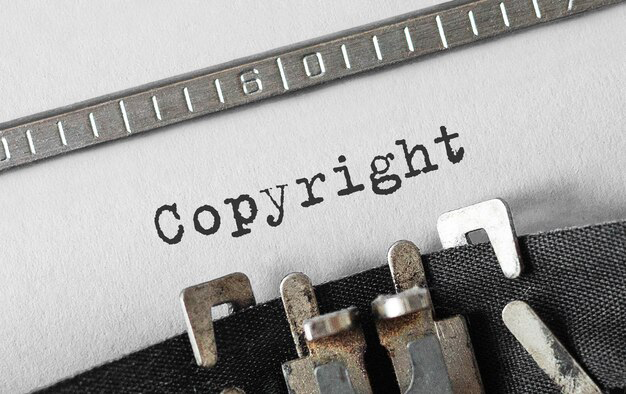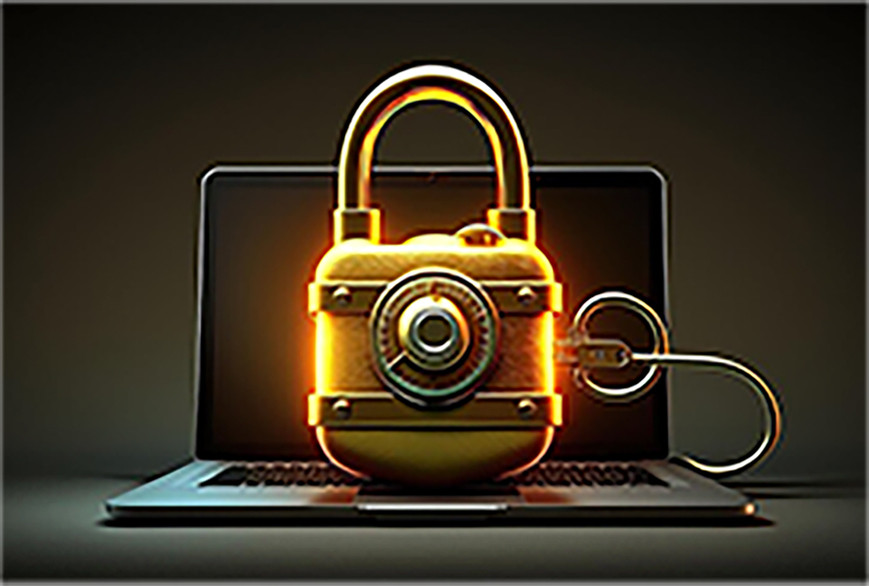
IP concerns for Social Media Influencers in Nigeria.
In recent times, social media influencing has become a popular phenomenon. In simple terms, social media influencing entails an individual or a group of individuals’ ability to influence other people’s thought processes on a social media platform or in an online community.

People who engage in this venture are known as Social Media Influencers or simply as Influencers. Influencers operate by garnering large followings over time, on the various social media platforms, then leveraging these followings to assist well-known brands in the advertisement of their services.
The Copyright Act

Interestingly, in Nigeria, a lot of influencers are springing up, particularly on platforms like TikTok, Instagram and Twitter. In view of this development, it is important to note that there are certain regulatory measures in place that guide the activities of the influencers, particularly as they work for various brands. Chief of these laws are those regulating intellectual property (IP) in Nigeria, which are highlighted as follows:
Under the Copyright Act, Section 36(a) provides that any person who without the authorization of the owner of the copyright does or causes any person to do an act, which constitutes a violation of the exclusive rights of the owner is liable for copyright infringement.
The Nigerian Code of Advertising Practice, Sales Promotion and Other Rights/Restrictions on Practice (5th Edition),

By virtue of Article 10, the Code prohibits any form of copyright infringement, by providing that all advertisements must not contain any item which is in breach of Nigerian and international copyright laws, or any item that omits anything which the laws of IP require.
Section 25 of the Act prohibits cybersquatting, which also entails IP infringement on the internet. This makes any person who infringes on the IP rights of another via an internet platform liable under the Act.


great to note